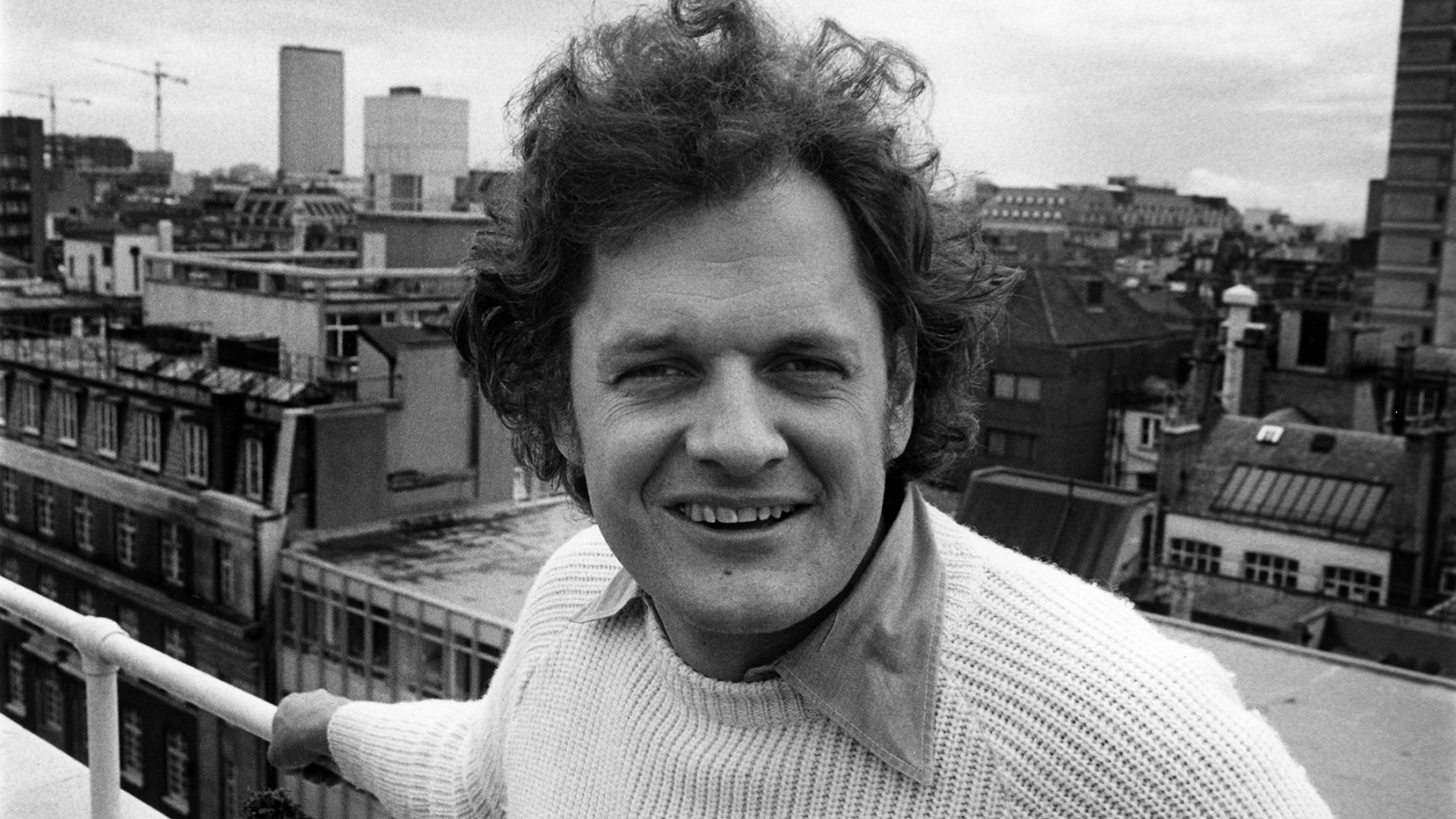Entertainment
New Documentary Explores Enduring Impact of Chapin’s “Cat’s in the Cradle”

The new documentary, Harry Chapin — Cat’s in the Cradle: The Song That Changed Our Lives, delves into the lasting impact of Harry Chapin’s iconic song, “Cat’s in the Cradle.” Originally released in 1974, the song’s poignant message about parental relationships continues to resonate with audiences across generations and genres.
Chapin’s work stands out as a unique blend of storytelling and musicality. “Cat’s in the Cradle” features an unexpected combination of a sitar-guitar effect and a nursery-rhyme chorus, encapsulating a father’s regrets about not spending time with his son. As the narrative unfolds, it reveals a cycle of neglect, with the son mirroring his father’s behavior as an adult. Despite its heavy subject matter, the song reached the top of the charts, surpassing other popular hits of the time, including Carl Douglas‘ “Kung Fu Fighting” and Helen Reddy‘s “Angie Baby.”
The documentary, directed by Rick Korn, showcases not only the song’s commercial success but also its emotional impact. Various artists, including Billy Joel and Judy Collins, share their reflections on Chapin’s songwriting prowess and his significant contributions to anti-hunger initiatives. Chapin, who passed away in a car accident in 1981, is credited with inspiring numerous benefit projects, including “We Are the World,” a collaboration spearheaded by Ken Kragen.
In the film, notable musicians discuss their personal connections to “Cat’s in the Cradle.” For instance, Whitfield Crane, lead singer of Ugly Kid Joe, reflects on his relationship with his alcoholic father, while Dee Snider of Twisted Sister candidly shares his experiences with parental pressure. The emotional weight of the song is further highlighted by testimonies from individuals affected by tragedy, including a father of a child lost in the Sandy Hook massacre and a young doctor whose father frequently missed important moments due to work commitments.
While the documentary attempts to maintain engagement over its 90-minute runtime, it occasionally treads familiar ground, with some testimonials becoming repetitive. It touches on Chapin’s workaholic tendencies and how they impacted his family life. However, it does not delve deeply into some of the more controversial aspects of his personal life, such as the infidelities mentioned in biographies.
Despite these shortcomings, Harry Chapin — Cat’s in the Cradle effectively argues for the song’s relevance as a reflection of universal themes of longing, regret, and the complexities of family relationships. As audiences continue to connect with its message, the documentary serves as a reminder of the enduring power of music to evoke profound emotional responses.
-

 Top Stories2 weeks ago
Top Stories2 weeks agoMarc Buoniconti’s Legacy: 40 Years Later, Lives Transformed
-

 Sports3 weeks ago
Sports3 weeks agoSteve Kerr Supports Jonathan Kuminga After Ejection in Preseason Game
-

 Entertainment3 weeks ago
Entertainment3 weeks agoZoe Saldana Advocates for James Cameron’s Avatar Documentary
-

 Business3 weeks ago
Business3 weeks agoTyler Technologies Set to Reveal Q3 2025 Earnings on October 22
-

 Science3 weeks ago
Science3 weeks agoChicago’s Viral ‘Rat Hole’ Likely Created by Squirrel, Study Reveals
-

 Politics3 weeks ago
Politics3 weeks agoDallin H. Oaks Assumes Leadership of Latter-day Saints Church
-

 Lifestyle3 weeks ago
Lifestyle3 weeks agoKelsea Ballerini Launches ‘Burn the Baggage’ Candle with Ranger Station
-

 Lifestyle3 weeks ago
Lifestyle3 weeks agoDua Lipa Celebrates Passing GCSE Spanish During World Tour
-

 Health3 weeks ago
Health3 weeks agoCommunity Unites for Seventh Annual Mental Health Awareness Walk
-

 Health3 weeks ago
Health3 weeks agoRichard Feldman Urges Ban on Menthol in Cigarettes and Vapes
-

 Business3 weeks ago
Business3 weeks agoMLB Qualifying Offer Jumps to $22.02 Million for 2024
-

 World3 weeks ago
World3 weeks agoD’Angelo, Iconic R&B Singer, Dies at 51 After Cancer Battle









